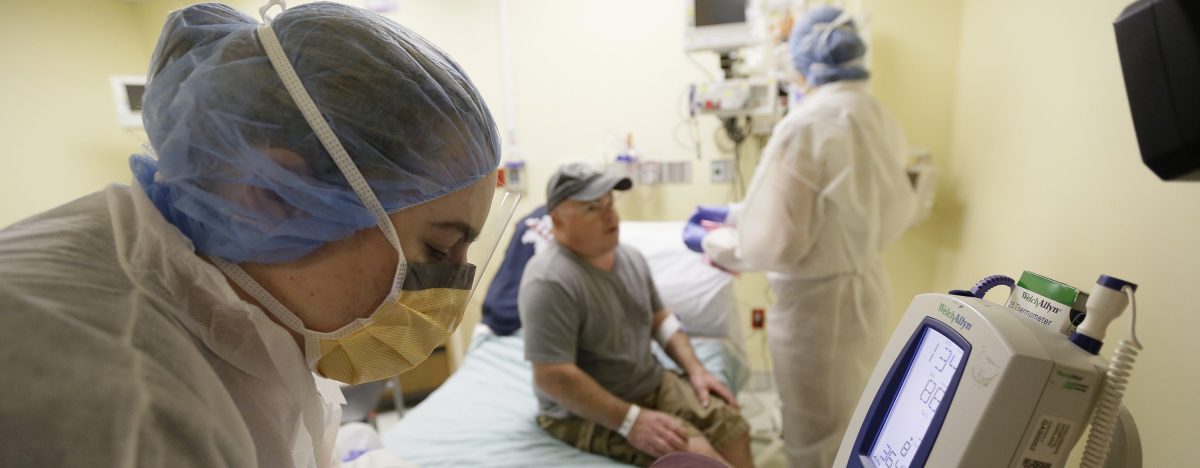A 44-year-old Arizona man has made medical history this week as the first human subject to be treated with pioneering gene editing technology.
Brian Madeux, who suffers from a rare metabolic disease that strikes boys called Hunter syndrome, is getting infusions of DNA meant to replace a genetic error in his own cells.
But the life expectancy for those born with the disease, which stems from a mutation in a gene responsible for an enzyme that breaks down larger sugar molecules in the body and can lead to cognitive issues and organ damage, is usually 10 to 20 years. And children are those in the direst need of this potential breakthrough.
As the MIT Technology Review reports, however, the company behind the trial, Sangamo Therapeutics, must treat nine adult patients and show success before it can start to include children. It goes beyond bureaucracy: The U.S. Food and Drug Administration rules are in place to protect young and vulnerable patients from potential risks.
That has created a race to prove the value and safety of the gene-editing therapy to open its potential reach to those who need it most.
“(Treating children with the disease from an early age is) where the real medical need is,”Sandy Macrae, CEO of Sangamo, told MIT Technology Review. “We want to try to address this disease before any of the consequences happen, rather than in adult patients where many of the features are already fixed.”
The Charge will help you move better, think clearer and stay in the game longer. Subscribe to our wellness newsletter today.

























